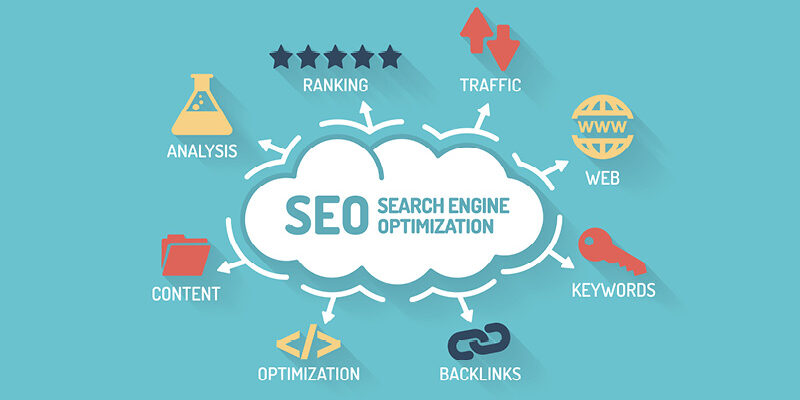Six Common SEO Misconceptions
Search Engine Optimization (SEO) remains a cornerstone of digital marketing strategies, yet it’s also a field fraught with myths and misunderstandings. In the ever-evolving landscape of SEO, staying informed about what works and what doesn’t can significantly impact your website’s visibility and traffic. In this article, we’ll debunk six common SEO misconceptions that continue to persist, despite changes in search engine algorithms and best practices.
Myth 1: SEO is a One-Time Effort
One of the biggest misconceptions about SEO is that it’s a one-time task. In reality, SEO is an ongoing process that requires continuous monitoring, optimization, and adaptation. Search engines like Google regularly update their algorithms to improve user experience and combat spammy tactics. This means that what worked yesterday may not work tomorrow. To maintain and improve your search rankings, you need to consistently update your content, monitor performance metrics, and refine your SEO strategy based on the latest trends and guidelines.
Myth 2: Keyword Stuffing Improves Rankings
In the early days of SEO, stuffing your content with keywords was a common practice believed to improve rankings. However, keyword stuffing is now considered a black hat SEO tactic and can result in penalties from search engines. Instead of focusing on keyword density, prioritize creating high-quality, valuable content that naturally incorporates relevant keywords and phrases. Aim for readability and user engagement rather than trying to manipulate search engine rankings through excessive keyword use.
Myth 3: The More Backlinks, the Better
Backlinks, or links from other websites pointing to yours, are an important factor in SEO. However, the quality of backlinks matters more than the quantity. A few high-quality, authoritative backlinks from reputable sites in your industry carry more weight than numerous low-quality links from irrelevant or spammy websites. Focus on earning backlinks organically by producing valuable content that others want to link to, rather than engaging in link schemes or buying links, which can harm your site’s reputation.
Myth 4: SEO is All About Ranking #1
While ranking on the first page of search engine results pages (SERPs) is desirable, it’s not the only metric that matters in SEO. The ultimate goal of SEO is to drive relevant traffic to your website and convert visitors into customers or leads. Even if you’re not ranking #1 for every keyword, you can still attract valuable traffic by targeting long-tail keywords, optimizing for local search, and focusing on user intent. Monitor metrics such as organic traffic, engagement rates, and conversion rates to measure the success of your SEO efforts beyond rankings alone.
Myth 5: Meta Tags Have No Impact on SEO
Meta tags, including meta titles and meta descriptions, are HTML elements that provide information about your webpage to search engines. While their direct impact on rankings has diminished compared to other factors like content quality and backlinks, well-crafted meta tags can still influence click-through rates from search results. A compelling meta title and description that accurately summarizes your content and includes relevant keywords can improve visibility and attract more clicks, thereby indirectly benefiting your SEO efforts.
Myth 6: SEO is Separate from User Experience (UX)
SEO and user experience (UX) are closely intertwined elements of a successful digital strategy. Search engines prioritize websites that provide a positive user experience, including fast loading times, mobile-friendliness, intuitive navigation, and relevant content. Optimizing your website for SEO often overlaps with improving UX, such as ensuring easy navigation for both users and search engine crawlers, enhancing page speed, and creating engaging, informative content that meets the needs of your target audience.
Navigating the complexities of SEO requires dispelling common myths and understanding the evolving landscape of search engine algorithms. By debunking misconceptions such as SEO being a one-time effort, the effectiveness of keyword stuffing, and the importance of quality over quantity in backlinks, you can refine your SEO strategy to drive sustainable results. Remember that SEO is a dynamic field that requires continuous learning, adaptation to algorithm updates, and a focus on creating valuable content that enhances user experience. By staying informed and implementing best practices, you can improve your website’s visibility, attract organic traffic, and achieve your digital marketing goals effectively.







